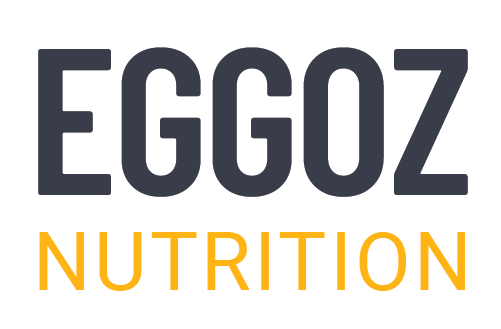“Supplements this, supplements that!”
Do they really work? Or are we just buying hope in a bottle?
Every scroll on social media throws a new miracle your way — a multivitamin supplement, a supplement for women promising glowing skin, stronger hair, or better sleep.
It’s overwhelming, and it’s hard not to believe the hype.
After all, we all want to feel healthier, look better, and stay energised.
But let’s pause for a second…
Do you really need all these dietary supplements?
Or is real food still the best way to nourish your body?
What’s really going on?
In India, 71% of people are now taking nutritional supplements — from protein powders to vitamins, herbal capsules, and more.
But many of these dietary food supplements are unregulated — not even approved by the FDA — and yet, they’re being consumed like magic potions.
According to experts like Dr. JoAnn Manson, MD:
“Supplements can never be a substitute for a healthy diet.”
And that’s something we often forget — especially in a world where health has become a trend.
What are supplements, exactly?
They come in the form of:
-
Capsules
-
Powders
-
Tablets
-
Liquids
-
Gummies
Commonly consumed supplements include:
-
Vitamins: C, D, K, B12
-
Minerals: Calcium, Magnesium, Zinc, Iron
-
Protein Powders
-
Amino Acids and Botanical Extracts: Biotin, Ginseng, Collagen, Omega-3 fatty acids
You’ve probably seen them stacked at pharmacies, gyms, and online stores under tags like “Buy health and supplements” or “dietary supplement for women.”
But more isn’t always better.
Health Risks Associated with Supplement Use
While dietary supplements can offer health benefits when used appropriately and under medical supervision, excessive or unregulated intake can result in adverse outcomes.
Notable health risks include:
-
Hypervitaminosis D and Hypercalcemia: Excessive intake of Vitamin D and calcium may lead to the formation of kidney stones.
-
Vitamin E Toxicity: High doses have been linked to increased risk of hemorrhagic stroke.
-
Iron Overload: Can cause gastrointestinal distress, including constipation, and in severe cases, organ toxicity.
-
Neurological Impact: Long-term, high-dose intake of certain B vitamins may contribute to nerve damage.
Furthermore, many supplements in the Indian market lack proper labeling, standardization, and clinical validation, increasing the risk of contamination and incorrect dosage.
So… do you actually need supplements?
If you're eating right and living a balanced life, probably not.
A nutritious diet — packed with fruits, vegetables, protein, and whole grains — can usually give your body everything it needs.
But yes, some people might benefit from nutritional supplements:
- Older Adults: Due to reduced nutrient absorption, they may require additional Vitamin D, B12, and calcium.
- Pregnant Women: Folic acid is recommended to prevent neural tube defects in infants.
- Individuals with Dietary Restrictions: Vegans and vegetarians may need Vitamin B12, which is primarily found in animal-based foods.
- Individuals with Chronic Conditions: Diseases affecting digestion or absorption (e.g., Crohn’s disease) may necessitate targeted supplementation.
- Infants: Breastfed infants often require supplemental Vitamin D, as breast milk may not contain adequate amounts.
In these cases, supplements help — but only with proper guidance.
But here’s the big truth: food always wins.
When your body’s craving nutrition, what it truly needs is real food.
Not a capsule. Not a powder. Not an expensive promise.
Here’s what your plate can do:
-
Vitamin B12: Dairy, eggs, meat, fortified cereals
-
Iron: Legumes, leafy greens, red meat
-
Calcium: Milk, yogurt, fortified plant-based beverages
-
Vitamin D: Sunlight, fortified dairy, mushrooms
-
Vitamin C: Citrus fruits, berries, bell peppers
-
Magnesium: Nuts, seeds, whole grains
-
Omega-3 Fatty Acids: Flaxseeds, walnuts, fatty fish
-
Folate: Dark leafy vegetables, legumes
-
Zinc: Pumpkin seeds, whole grains
-
Biotin: Eggs, seeds, sweet potatoes
-
Collagen Precursors: Bone broth, citrus fruits
Final thoughts
Supplements can support you — but they shouldn't define your health routine.
Focus on eating well, sleeping enough, and moving your body.
Because long-term wellness doesn’t come from a bottle.
It comes from what you put on your plate — and how you treat your body every day.
💛Eat mindfully. Live fully. And if you're ever in doubt, start with a boiled egg —
Eggoz doesn’t just provide farm-fresh eggs — we also support the right nutrition and actively spread awareness about what’s best for you and your family.


